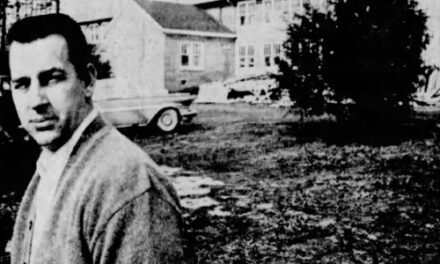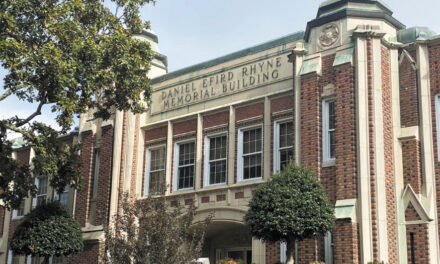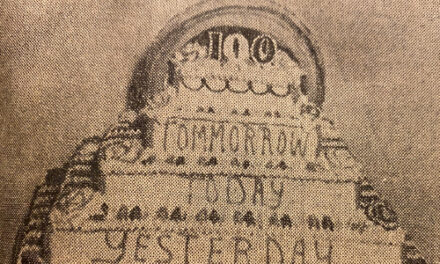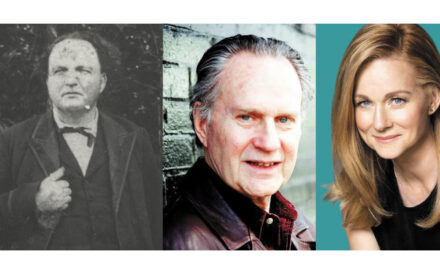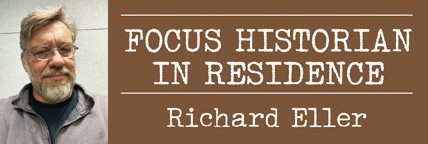
This month, a very special exhibit about the Vietnam War is coming to the Catawba County Museum of History in Newton. It’s titled “1000 Words” and uses images taken “and stories that go with them” to help detangle the “complex conflict” that we call that undeclared but brutal war. It may be that we never fully understand the war because it was so different from any fought before or since. As a description of the exhibit points out, Vietnam became noted for “ushering in a new type of warfare: a war without borders.”
Now fully 50 years over, it’s still not over. We left veterans without a moment to be appreciated for their sacrifice, or a sense of accomplishment. Every person who did a tour left something sacred “in country,” most of them their innocence, many their ideals, some their friends. I saw some of that firsthand when I witnessed my brother go in 1968 and return in 1971. As a United States Marine, the experience changed him. Not the person who left, at times he seemed to want to get back to that. After returning, there were details he never shared. Many vets did the same.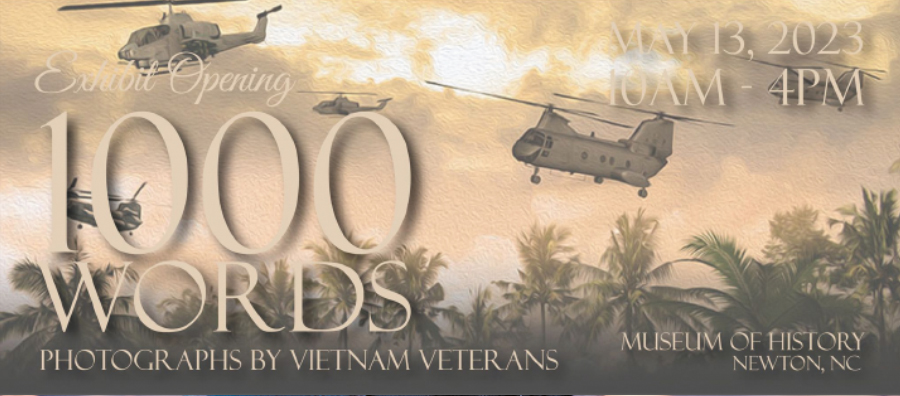
As a society, we got it wrong. Really getting past the tragedies of the war required that we hear those stories, learn about the bad choices soldiers had to make just to get through the day. As it turns out, we are finally getting around to an understanding deep enough to appreciate their sacrifice. “1000 Words” explores those stories and so does a new book that lets the veterans of Vietnam speak directly to us about their service. It’s called Brothers and Sisters Like These: An Anthology of Writing by Veterans, published by Redhawk Publications.
It turns out that letting these stories out is good medicine for everybody, those who lived them and the rest of us who were not there. It is a way to learn. The writing project began back around 2015 when Joseph Bathanti, a former NC Poet Laureate and ASU professor started working with veterans to let their experiences out. Bottling up the past for 40 years had done their efforts to find equilibrium no good. As the result of the Western NC Veterans Writing Alliance the VA, vets began to exorcise past demons and get their story out.
Writing became a good medicine for unseeable but devastating injuries like PTSD. And it wasn’t just Vietnam vets who had a story to tell. Their first book included Iraqi and Afghan War soldiers, from a conflict with which we must also come to terms. While the first book only contained the stories of men, the second broadened to include women who served as well. For the older vets, stories range from when they were called up to visiting the Vietnam war memorial in Washington, DC. Every essay contains a range of emotions, all cathartic for the writer, all moving and instructive for everyone else.
The exhibit at the Historical Association of Catawba County’s museum, in the 1924 Courthouse on the Square in Newton starting May 13. See it when the facility is open most days from 10-4, throughout the summer.
Photo: See it at the Historical Association of Catawba County, downtown Newton.

